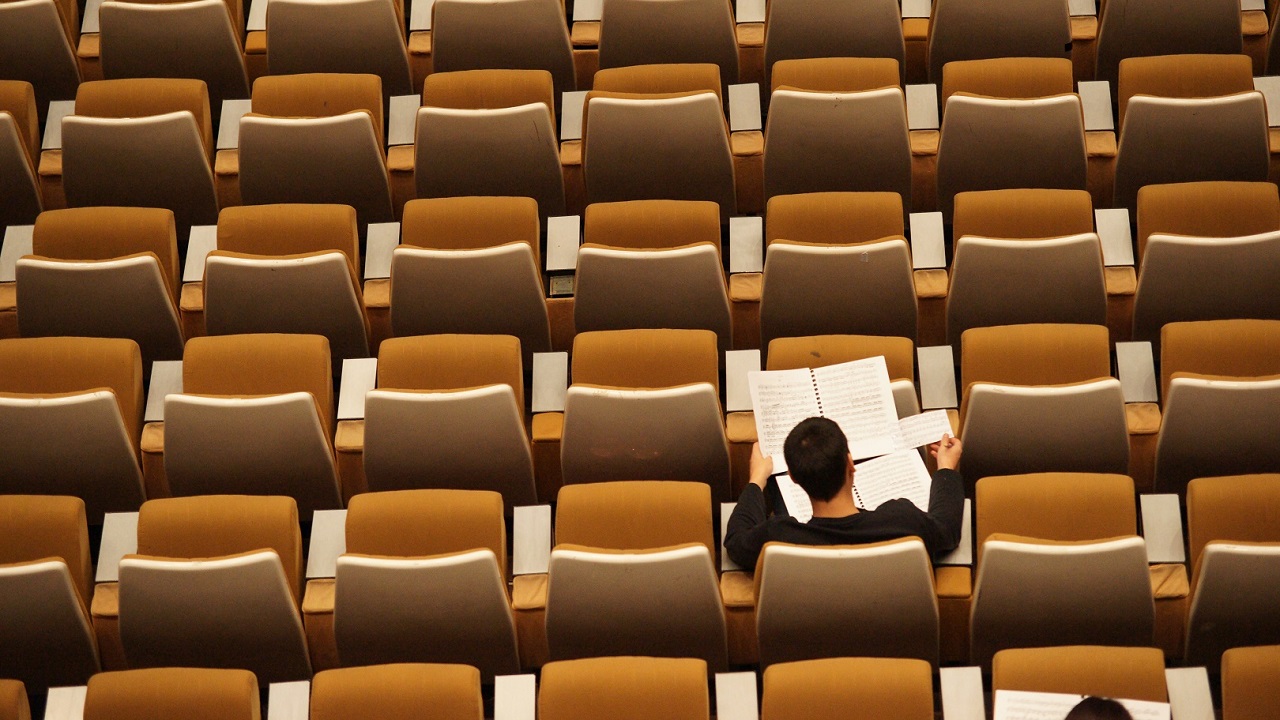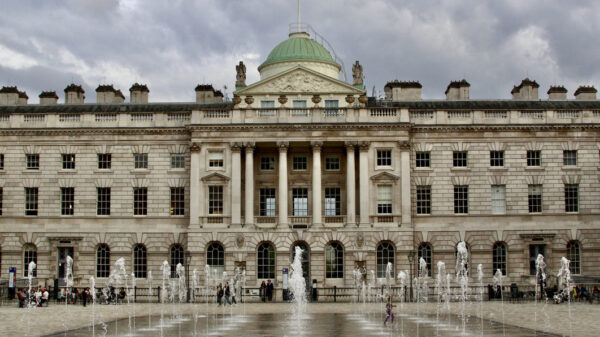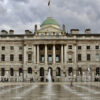Comment Editor Asher Gibson argues that widespread remote learning in first semester would benefit public health in London at a community level.
On March 23, the United Kingdom went into national lockdown and King’s sent its students packing. Thousands have died, been disabled by, or lost loved ones to Covid-19. Thousands more have lost their livelihoods as once-booming economies have shrivelled worldwide.
In response, King’s gave us the option to study remotely during the upcoming first semester, to cancel part of our contracts and come back in October or January. And yet, as the R-value rises again and the government restricts gatherings of more than 30 people, over 75% of us are expected to return to London anyway.
But there might be more benefits to remote learning than you’d realise.
We are a diverse community, with students returning from unsafe places ranging from oppressive nations to abusive households. With this in mind, my argument does not and cannot apply to everyone. It applies to those of us who can feasibly choose to stay at home because, for us, there are some very good reasons to do so.
If you have a window where you are right now, or you’re reading this in a public place, how many people are nearby? If you’re not a city-dweller, like me, its likely far fewer than in London. What is your environment like? What’s your air quality like? What kind of people are around? Are they primarily key workers?
Our campuses sit on what were some of the most noxious streets in the UK before the pandemic. The Strand was infamous for having consistently broken NO2 objectives, despite being in an Ultra-Low Emission Zone.
You might recall the media hype when the environmental benefits of lockdown were revealed, and may therefore have been led to believe that this will be less of a problem in 2020/1. Though it is true that air pollution in London dropped after the lockdown, as the government pushes for people to return to their offices and commutes, this trend is unlikely to last.
Air pollution is a dangerous public health concern in its own right, but it is also well known to exacerbate the symptoms of Covid-19. If your hometown is less polluted and populous than London, even by a narrow margin, you are going to be less likely to catch the virus and pass it on if you remain there.
These are the factors that make London a potential “border point†for the government to impose a targeted second lockdown in the event of the second spike likely to come in the winter months.
Young people have recently become the target of criticism from Secretary of State Matt Hancock, supposedly responsible for the recent growth in UK Covid-19 cases. There are complex socio-economic reasons for this and making us a target is unlikely to be an apolitical decision. But we should still be conscious that, at this moment, our social circles are more likely to carry the virus within them.
King’s is also connected to three large London hospitals – Guy’s, King’s, and St Thomas. The students that can’t study remotely are disproportionately those on clinical placements who will be frequently moving between other students, the general public, and patients. The fewer people there are on campus, the less likely these students are to catch the virus and bring it to some of the country’s most vulnerable people.
King’s is aware of this, advising that students only visit campuses when they have in-person classes. However, the policy is effectively non-enforceable across a student population of just under 33,000, according to 2018 HESA data. We have been left to police ourselves in terms of the space we take up, who we share it with, when, and why.
The individual reasons why a student might be safer in London than elsewhere should never override these factors. Ultimately, as individuals, we can only make so much impact. A community is merely a collection of individuals, after all. But, if you’re someone who will be safe either way – who has a choice over whether to stay home or come back to campus – remote learning for a few months longer could be a good idea.



















